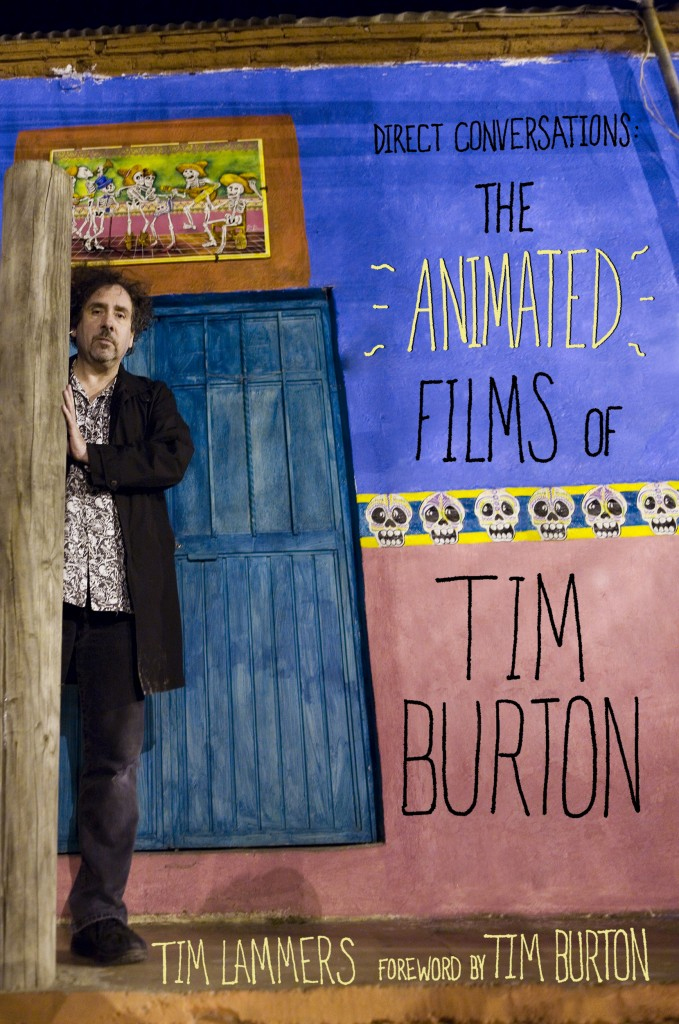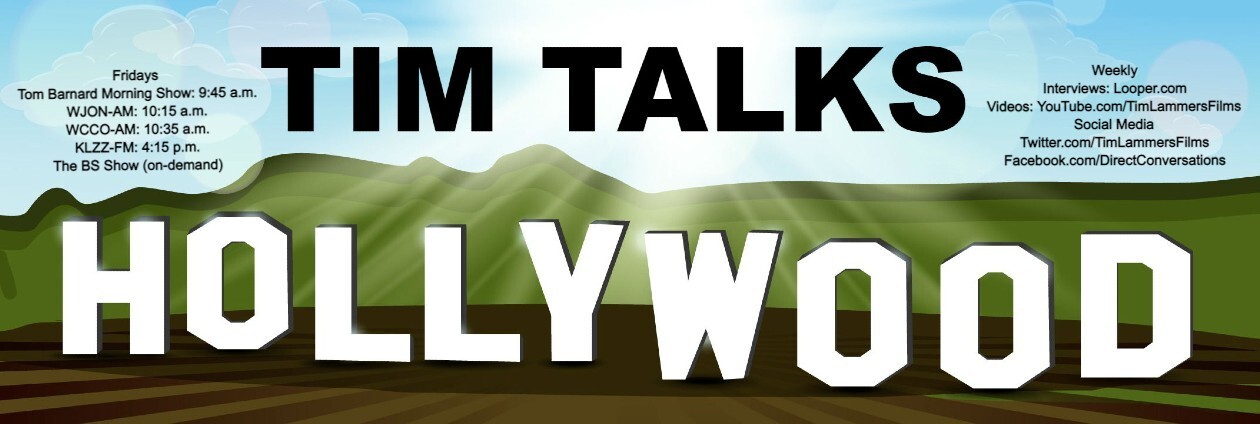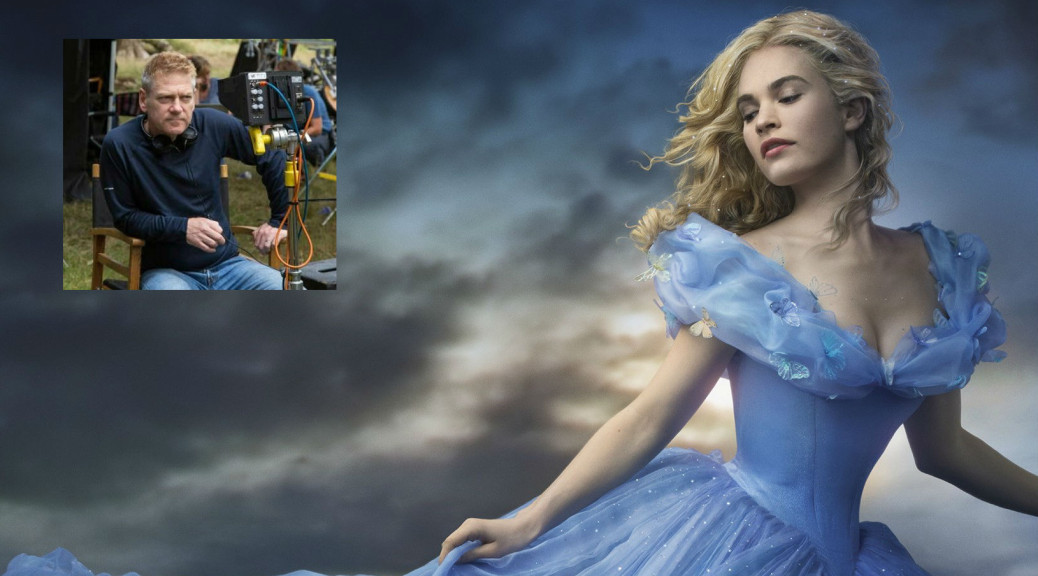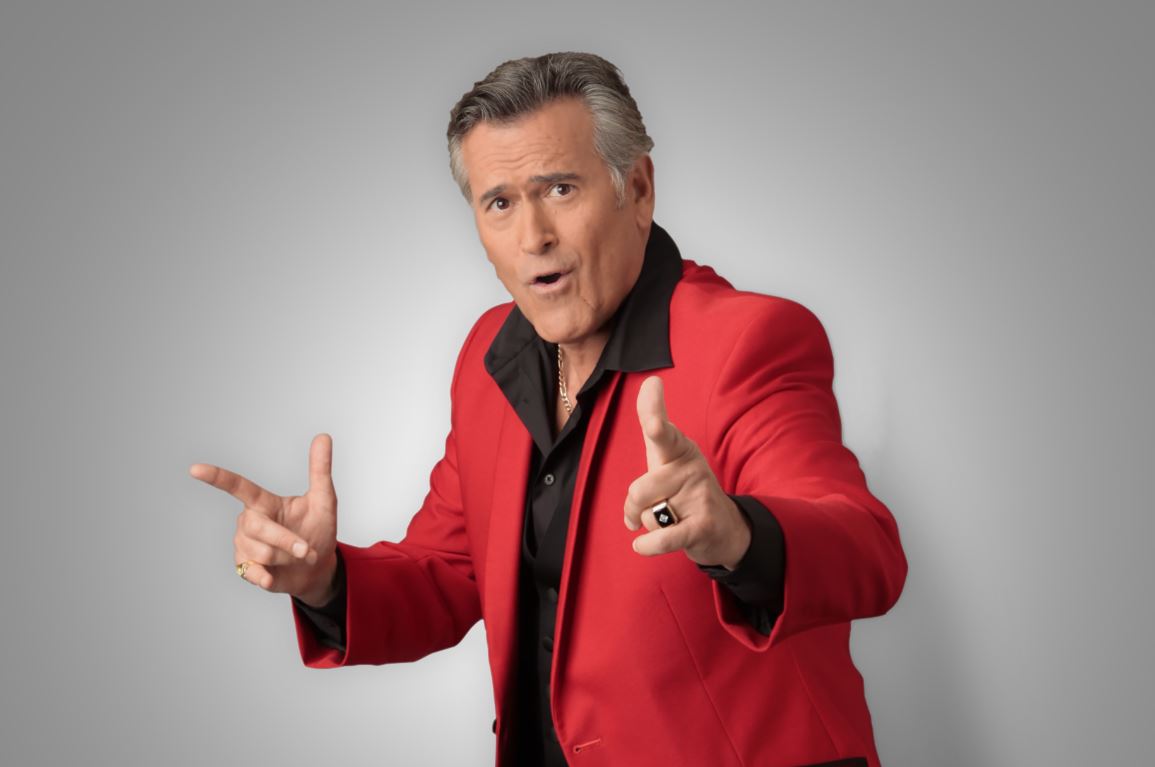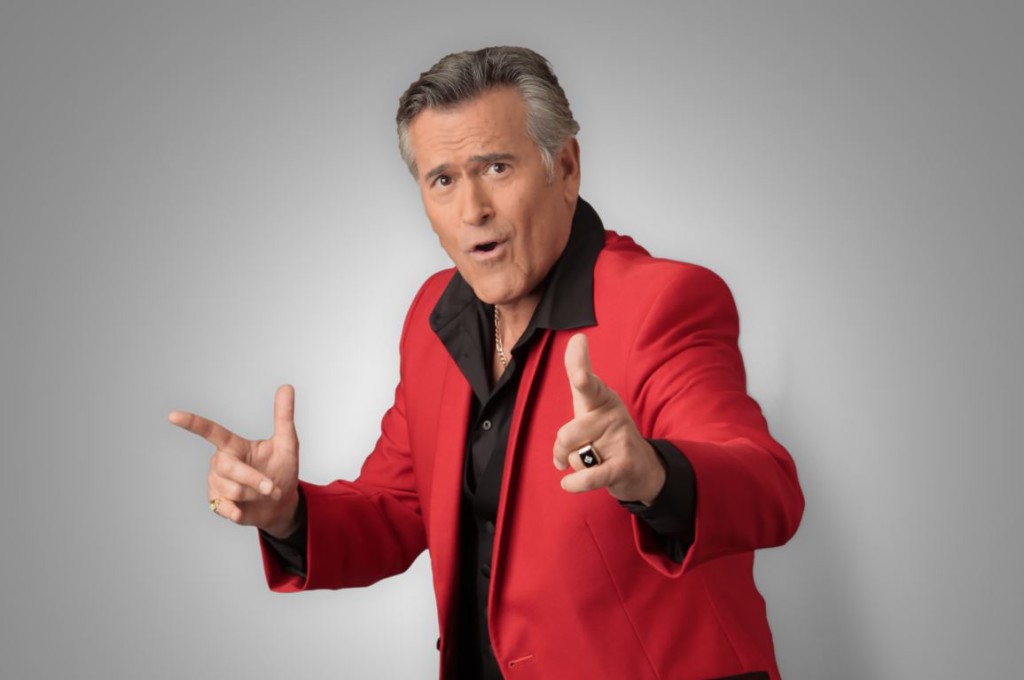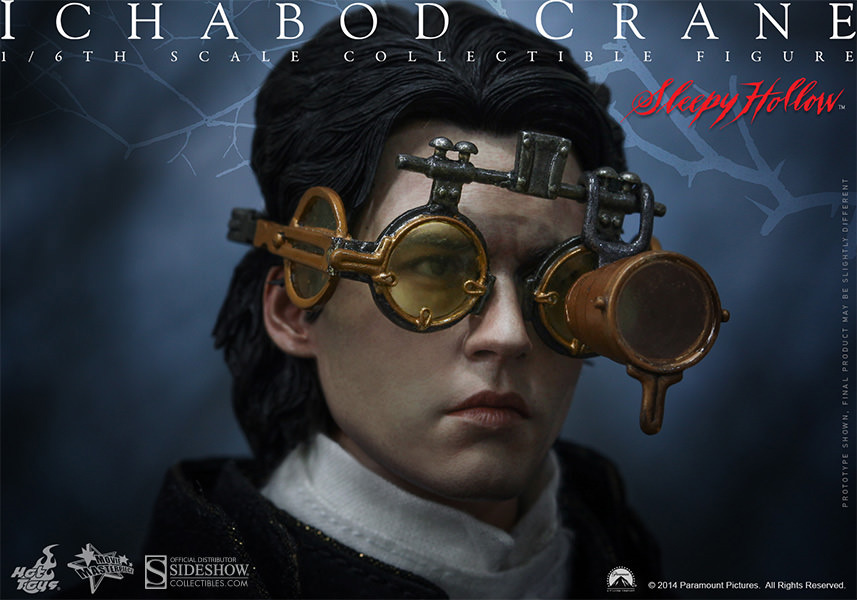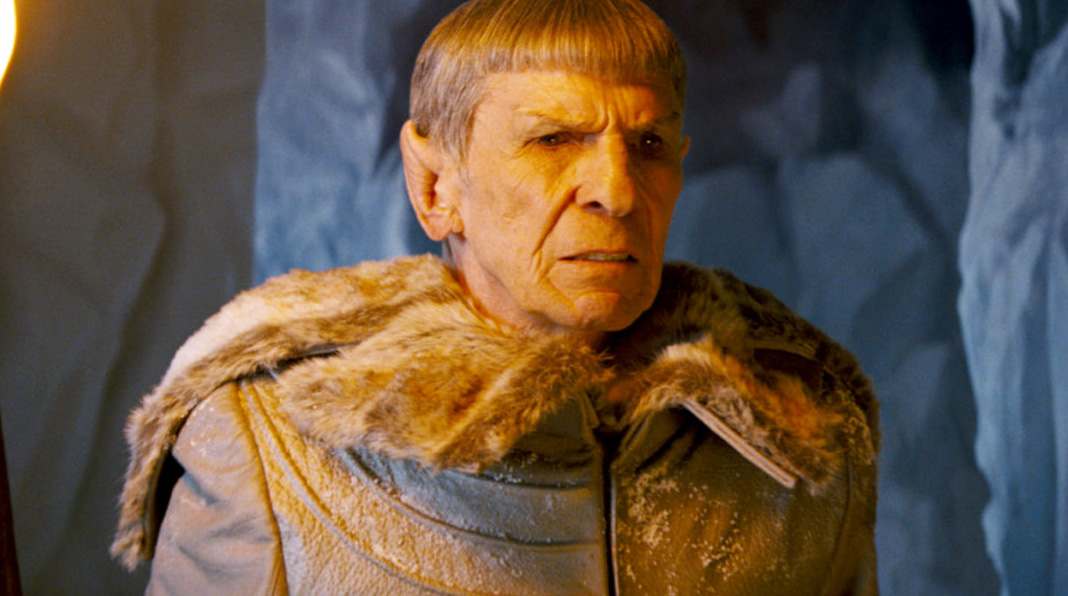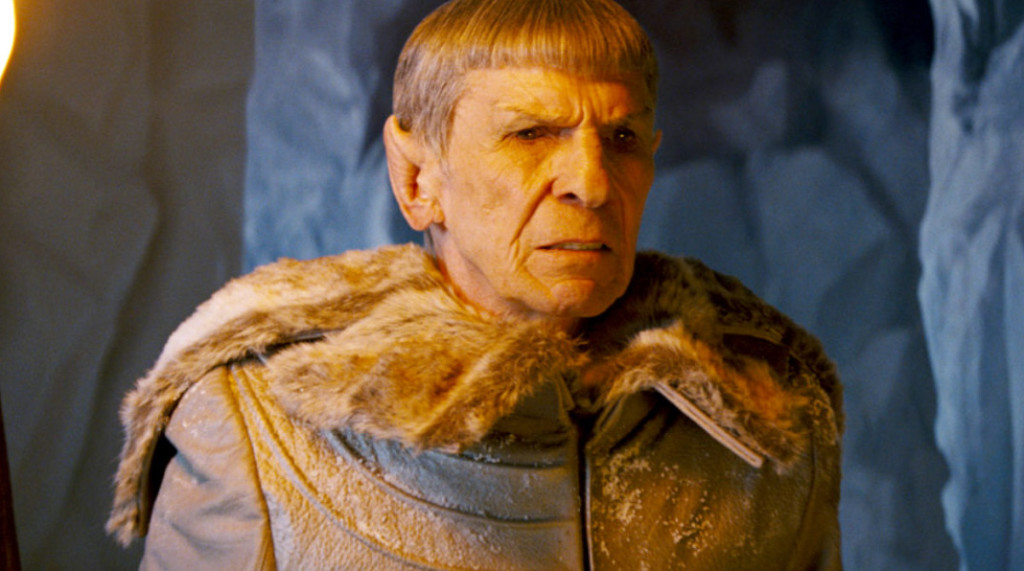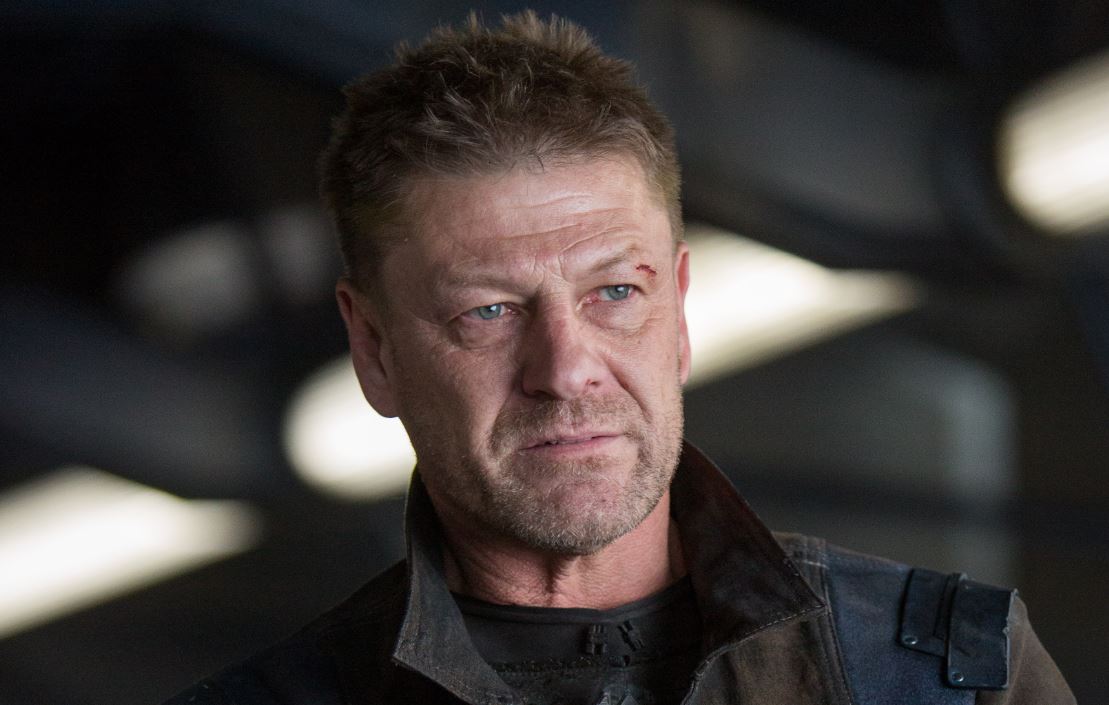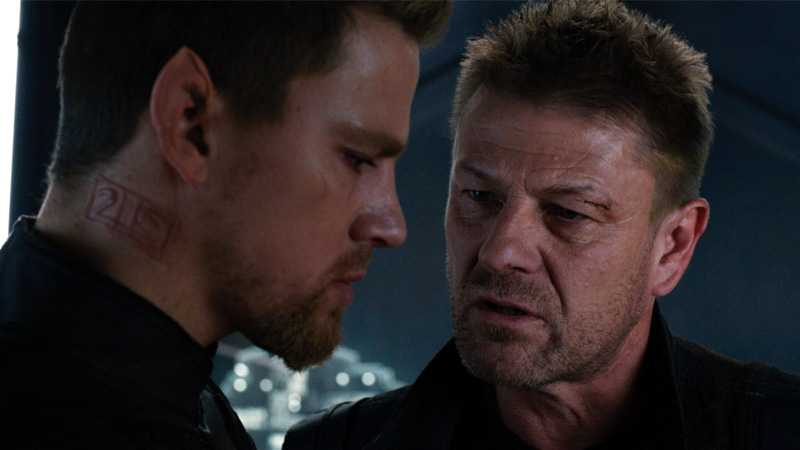Having the good fortune to talk with actor-director Kenneth Branagh time and again over the past 15 years, the one constant I’ve noticed — and it’s a very important one at that — is his infectious passion for what he does. Whether he’s in front of or behind the camera — or both — Branagh’s enthusiasm for his work is reflected in every frame of his movies, and his latest, as director of the enchanting Disney live-action update of “Cinderella,” is no different.
“I have the luxury of being in this job that involves the allowance of my passion and enthusiasm,” Branagh said, humbly, in a recent call from Los Angeles. “I never get tired of realizing what a privilege it is — the enthusiasm and the passion come very easily because it’s a wonderful thing to be able to do.”
Opening in theaters and on IMAX screens nationwide on Friday, “Cinderella” stars Lily James (“Downton Abbey”) in the title role, who after the death of her mother (Hayley Atwell) and later, her father (Ben Chaplin), becomes trapped in a household as a humbled servant to her cruel stepmother, Lady Tremaine (Cate Blanchett), and her two daughters, Anastasia (Holliday Grainger) and Drisella (Sophie McShera). But through a chance meeting with a handsome prince (Richard Madden) and some magical help from her Fairy Godmother (Helena Bonham Carter), Cinderella’s misfortunes, if the shoe literally fits, may very well change.
Branagh especially needed passion and enthusiasm in bringing Chris Weitz’s script to life for “Cinderella,” mainly for the fact that there were so many potential downfalls associated with the project. It’s hard enough adapting a well-known piece of literature such as a hit novel, much less one of the most-beloved fairy tales of all-time. Needless to say, updating “Cinderella” and giving it a different sort of spin without compromising the integrity of the original tale was a tall order for acclaimed director — and this is filmmaker who has mastered the works of William Shakespeare several times throughout his illustrious career.
“I really like the challenge. People have expectations, but I’ve done a lot of work in the classical field with masterpieces and universally-known things,” Branagh said. “By doing them, in a sense you’re proving they’re classics because here you are doing it again. Part of the reason they live across the ages is because they can be seen again — can be reevaluated. In the case of ‘Cinderella,’ here’s a myth and character who’s been around 2,500 years across various cultures. In the modern world, it’s something that many people cherish with their memories from the 1950 Disney animated classic.”
Branagh, 54, said he was taken aback by being given the chance to take the helm of “Cinderella” — the latest in Disney’s efforts to re-imagine their animated classics in live-action form following “Alice in Wonderland” and “Maleficent,” which presented “Sleeping Beauty” from the classic villainess’ viewpoint.
“Apart from being pleased and surprised — and it was very positive surprise to be asked to direct a fairy tale — I was happy to be given the chance to discover why we continue to be drawn to this story and whether there was a new way to present it,” said Branagh who also interpreted “Thor” for the character’s film debut. “I thought that there was, in a very subtle but significant way, from the inside-out. Essentially, it had to do with sort of a recalibration of Cinderella’s character, and that’s where we started.”
Anchoring the film are five very important words that Cinderella’s dying mother tells her as a young child: “Have courage and be kind.” Branagh knows those words are simple, but couldn’t be any more powerful; and he hopes the words, which are repeated throughout the movie, aren’t lost on viewers.
“People have said to me, ‘Are those words a little simplistic?’ But it’s very hard to produce simplicity, especially in art,” Branagh observed. “All the simple things are usually packed with meaning. Shakespeare has an equivalent in ‘King Lear,’ where Kent is in the stocks and has been cruelly treated, but at the end of a speech where he tries to convince himself that he will recover he says, ‘Have patience and endure,’ which you may call a Shakespearean paraphrase for ‘Have courage and be kind’ — ‘patience’ involving compassion and love, and ‘endure’ the courage and determination to be resilient. I was determined to make an uncynical film about important things that could be inspirations.”
Filmed in mostly real settings with real props and set pieces — save the visually spectacular scene where the Fairy Godmother works her magic — Branagh is proud that he could give the heart within the classical exteriors a different sort of beat with its more modernized characters.
“We set the film in a classical framework and looks like you might expect a fairytale to look — very lavish and opulent — and have things that you’d expect Cinderella to have like mice that turn into horses and a pumpkin-turned-carriage, and a ball,” Branagh said. “Yet, it also has a girl not passively awaiting the arrival of a man who is simply choosing to be a victim of fate; but someone who deals with her challenges, and the cruelty and the ignorance that she’s subject to by being aware of other people. That in a way is a way to deal with your own problems — to think of someone else. She does that with humor, and she does so with passion.”
Also, Branagh added, Cinderella asks questions — particularly of the evil person who is trying to keep her down.
“‘Why are you so cruel?’ she asks the stepmother, and I think Cinderella’s apparently simplistic path through this story is an inspiring one and triumphant,” Branagh said. “It doesn’t make her weak and it doesn’t make her passive, nor does it make her pious and self-righteous. She stumbles and she falls, like we all do, but ultimately her self-belief and her belief in the power of love is really her all-powerful way of living.”
Copyright 2015 DirectConversations.com
